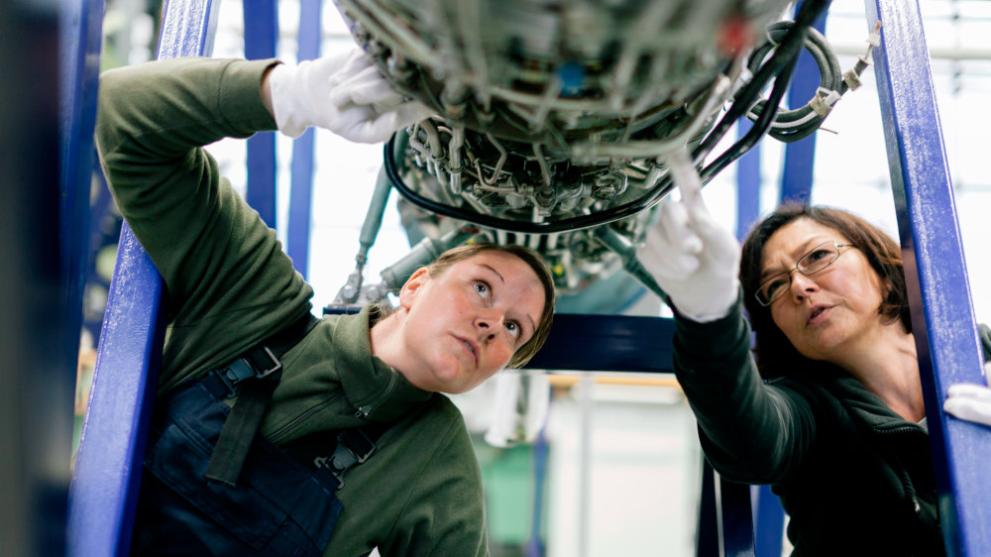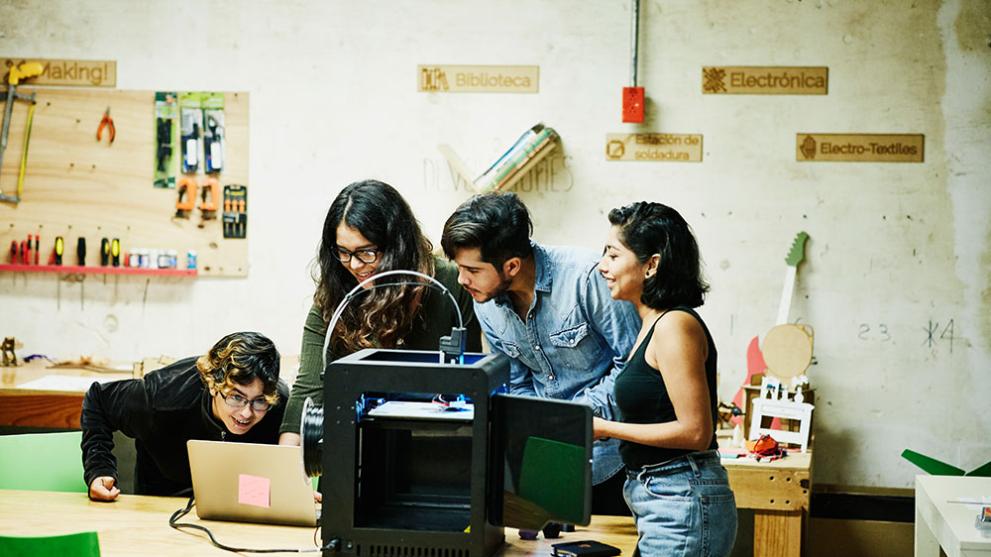The Green Deal Industrial Plan will speed up Europe's clean technology industries to achieve net-zero emissions. It emphasizes investing intraining, upskilling and reskilling to help face the challenges and opportunities in reaching a climate neutral industry.

Digital skills are essential for people to participate in society, work, and achieve social inclusion. They are also crucial for the EU’s economic growth and competitiveness offering more autonomy, skills development and job satisfaction.

The EU 2030 headline targets from the European Pillar of Social Rights Action Plan, of at least 78% of adults employed and 60% participating in training every year, require significant effort to remove hurdles and promote the participation of women in the labour market.

Young Europeans have potential and skills that can help address labour shortages and invigorate the declining EU workforce. They should be given every possible opportunity to thrive in the green and digital transitions and help shape the future of the EU. The EU helps to empower young people through policies, initiatives and funding that facilitate their integration into the labour market and improve the training opportunities available to them.

Transversal skills like critical thinking, teamwork, and learning skills are essential for work, education and daily life. Developing and recognising these skills play an important role in promoting sustainable economic growth, social inclusion, and competitiveness. The EU supports employers, workers and training institutions in advancing these skills.

Find publications about actions and policies related to the European Year of Skills in the dedicated section of the EU Publications Office website.

